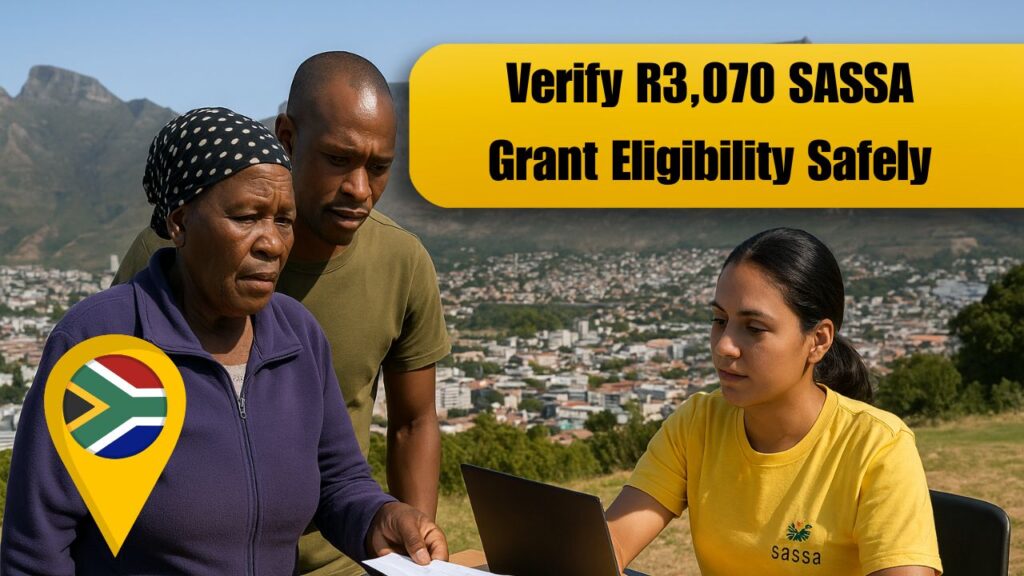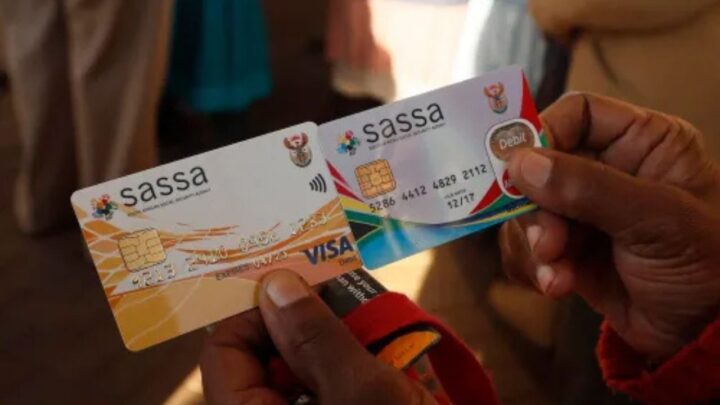As the month of October 2025 unfolds, many South Africans are eager to receive their SASSA grants, including the R3,070 payment. However, fraudsters are increasingly targeting beneficiaries with scam messages and fake verification calls. It is crucial for every recipient to know how to verify eligibility safely and avoid falling victim to these schemes. Understanding the official channels, legitimate communication methods, and simple verification steps can protect your grant funds and personal information, ensuring you receive your entitled support without unnecessary stress or risk.

Understanding Common SASSA Scams
Scammers often exploit the SASSA payment update announcements by sending fake SMS messages or WhatsApp links claiming urgent verification is needed. These messages may request personal details like ID numbers or banking information. Another common trick involves fraudulent phone calls pretending to be SASSA officials, threatening suspension of grants if immediate action is not taken. Recognizing these red flags, such as requests for passwords or unusual links, is essential. Always remember that legitimate SASSA communications will never ask for sensitive information via phone or text.
Safe Ways to Verify Your R3,070 Eligibility
To ensure your grant eligibility verification is secure, always use official SASSA channels. Beneficiaries can check their status via the SASSA website or by calling the official toll-free number. Visiting your local SASSA office in person is also recommended if you are uncertain. Make sure to have your grant reference number and South African ID ready, but never share your banking PIN or passwords. Using these verified methods protects you from potential scams and ensures your R3,070 payment is processed correctly and safely.
Red Flags to Watch Out For
Some of the most common warning signs of a SASSA scam include unsolicited requests for money, urgent threats to cancel benefits, or links that lead to unofficial websites. Emails or messages with poor grammar, strange sender addresses, or requests for personal information are also suspicious. Beneficiaries should be particularly wary of social media messages claiming to guarantee early payments or bonuses. Recognizing these fraudulent tactics can prevent financial loss and keep your sensitive information secure.

Tips for Staying Protected
Always double-check communication sources and rely on official SASSA updates. Avoid clicking on unknown links and never provide personal banking information to unsolicited contacts. Enabling SMS alerts for official payments and regularly monitoring your bank account can help you spot unusual activity early. Educating family members and the elderly about grant scams further ensures everyone in your household stays protected. Staying informed and cautious is the best defense against fraud and ensures uninterrupted access to your R3,070 support.
| Type of Scam | Common Tactics | Safe Action |
|---|---|---|
| SMS Scam | Fake links, urgent verification requests | Ignore messages; verify via official SASSA site |
| Phone Call Scam | Threats, personal info requests | Hang up; contact official SASSA number |
| Email Scam | Suspicious attachments, unofficial addresses | Do not open; report to SASSA |
| Social Media Scam | Fake bonus offers, early payment claims | Only trust verified SASSA accounts |
FAQs
Q1: How can I check my SASSA grant?
A1: Use the official SASSA website or call the toll-free number.
Q2: Will SASSA ever ask for banking PIN?
A2: No, SASSA never requests your banking PIN or password.
Q3: What should I do if I receive a scam message?
A3: Ignore it and report to SASSA immediately.
Q4: Can visiting a SASSA office help?
A4: Yes, visiting your local office ensures safe grant verification.




